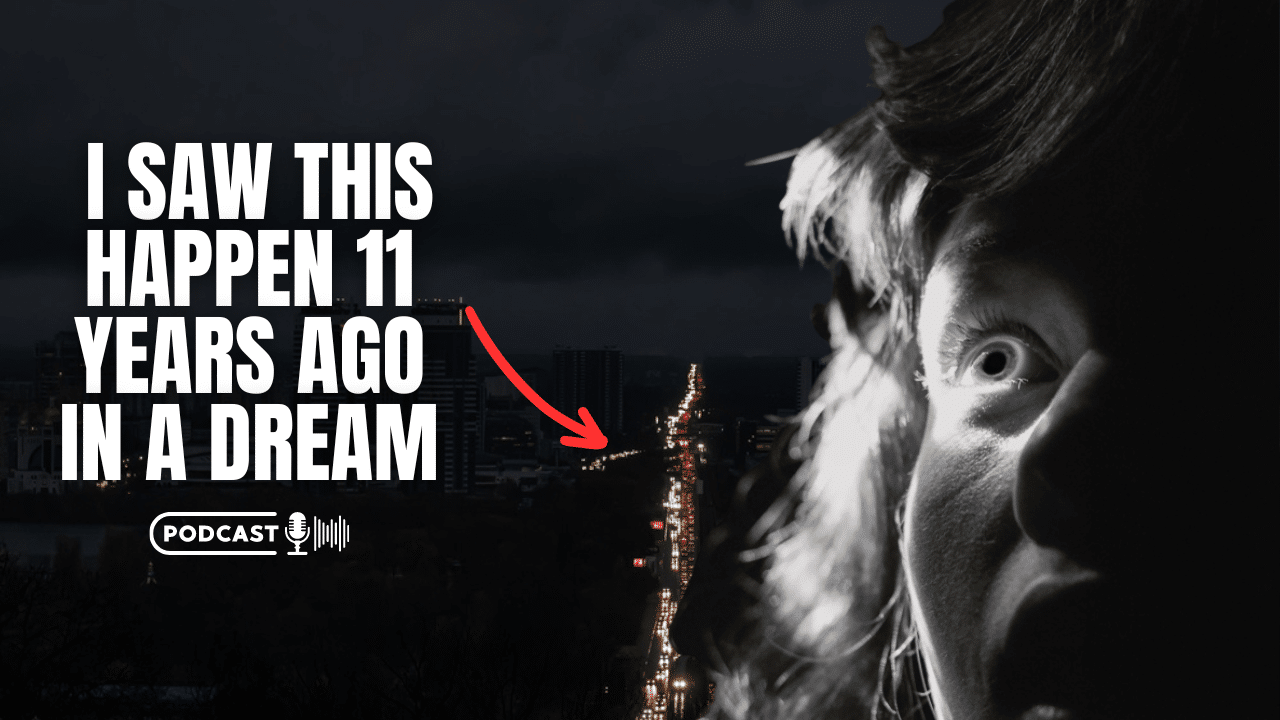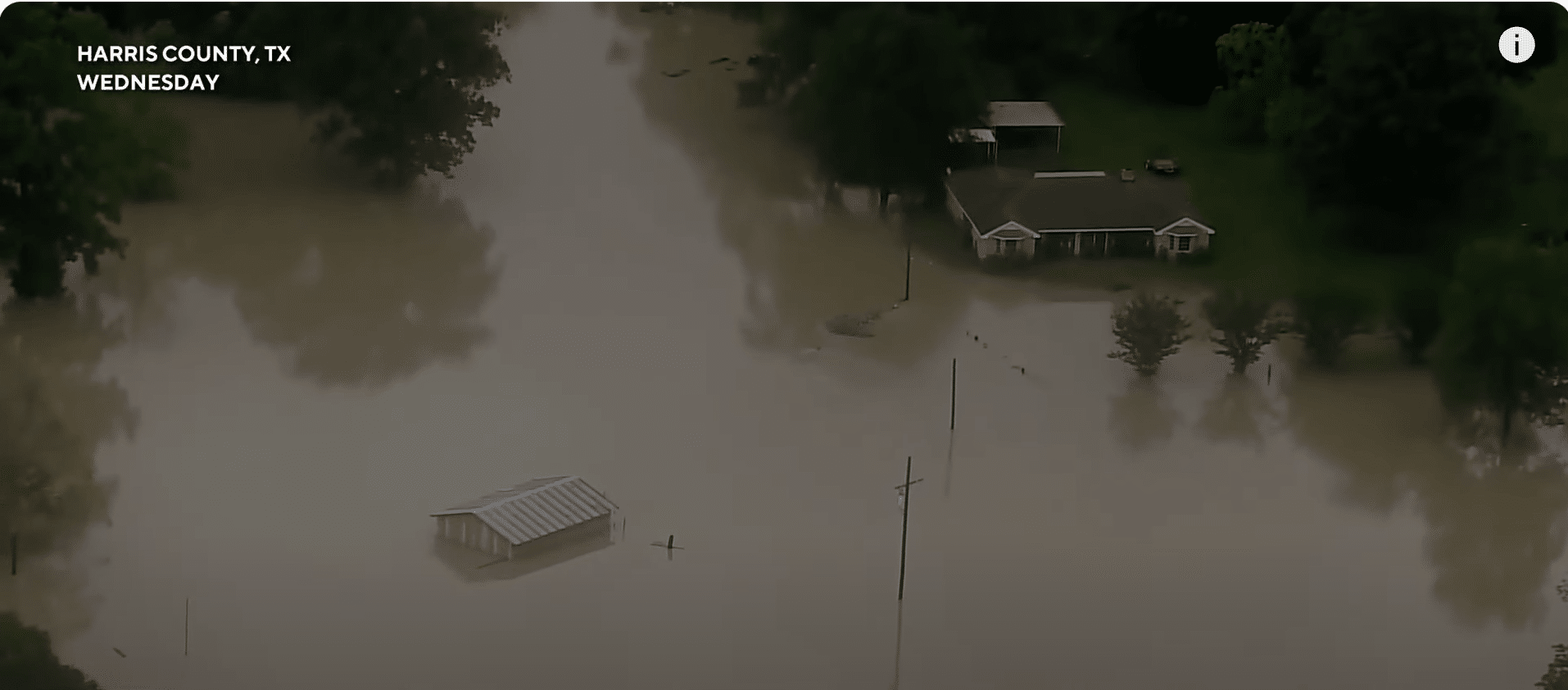A federal judge ruled on Friday that a Tennessee law banning drag shows in public or in places where children could view them is unconstitutional, finding that it violates freedom of speech protections.
According to The Hill, U.S. District Judge Thomas Parker said in his ruling that the law, which Gov. Bill Lee (R) signed in March, is both “unconstitutionally vague and substantially overbroad.”
The law says an “adult cabaret performance” is unlawful if it happens on public property or in a location where the performance “could be viewed by a person who is not an adult.” It defines such a performance as one that is harmful to minors and includes topless dancers, “exotic” dancers, strippers, and male or female impersonators.
Parker had issued a preliminary injunction at the end of March to block the law from taking effect. He agreed with Friends of George’s, a Memphis-based theater group that produces drag performances, comedy sketches, and plays, that the state’s Adult Entertainment Act (AEA) could apply “just about anywhere.”
Friends of George’s argued that the law would violate its free speech and put its members at risk of felony charges over the shows that it has held for years. The group argued that the law is overly broad because it applies to minors of all ages and anywhere that a minor could be.
Parker agreed with the argument, ruling that the AEA was passed “for the impermissible purpose of chilling constitutionally-protected speech.”
According to CNN, The court ruling comes after Friends of George’s, a Memphis-based nonprofit that produces drag performances and comedy sketches, sued in March to stop the law from going into effect, arguing it was a violation of its free speech. Parker then temporarily blocked the state from enforcing the ban as he considered the law’s constitutionality.
Tennessee Republicans, who hold supermajorities in the state legislature, earlier this year passed the measure to restrict public drag show performances, which was signed by Republican Gov. Bill Lee.
The law sought to limit “adult cabaret performances” on public property to shield children from viewing them, threatening violators with a misdemeanor and repeat offenders with a felony. The ban specifically included “male or female impersonators” who perform in a way that is “harmful to minors.” It had been set to go into effect April 1.
“WE WON!” Friends of George’s wrote in a tweet Saturday. “Judge Parker has declared Tennessee’s anti-drag law unconstitutional!” Tennessee officials have argued that the measure is not a full ban and is only intended to stop overtly sexual performances in front of minors.
Parker, in his ruling, acknowledged the state’s “compelling interest in protecting the psychological and physical wellbeing of children” but ruled against the law as “an unconstitutional restriction on the freedom of speech.”
Tennessee Attorney General Jonathan Skrmetti said in a statement Saturday that his office was reviewing the order and expects to appeal “at the appropriate time.”
“The scope of this law has been misrepresented in public by those more interested in pressing a narrative than in reading the statutory text,” Skrmetti said. “The Adult Entertainment Act remains in effect outside of Shelby County. This narrowly-tailored law protects minors from exposure to sexually explicit performances. Its operative language is rooted in the U.S. Supreme Court’s long-established First Amendment precedent.”


















